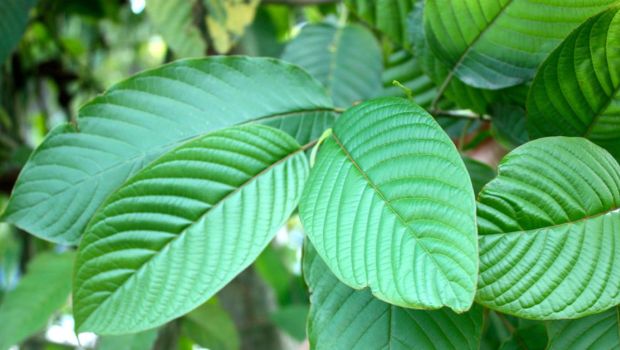FDA, with the help of U.S. Marshals, has seized more than $3 million worth of kratom finished products and bulk herb from a location in Oklahoma.

The seizures were made at a business called Botanic Tonics LLC of the Tulsa suburb of Broken Arrow. The seized products include more than 250,000 capsules and more than 1,000 kilograms of bulk kratom.
The products were marketed under the brand name Feel Free Plant Based Herbal Supplement.
FDA's dim view of kratom
In an import alert that has been in effect for many years, FDA has concluded kratom and dietary supplements containing the herb are adulterated “because they contain a new dietary ingredient for which there is inadequate information to provide reasonable assurance that such ingredient does not present a significant or unreasonable risk of illness or injury.”
Mitragyna speciosa, commonly known as kratom, is a botanical that grows as a shrub or a small tree. It is native to Thailand, Malaysia, Indonesia and Papua New Guinea. The botanical has gained a following in recent years for its purported effects on pain management and its claimed ability to help wean people off the use of opioids.
Because kratom works on opioid receptors in a fashion like opioids themselves, the Drug Enforcement Administration (DEA) has maintained the substance presents a risk of addiction. The botanical is not a controlled substance, but DEA lists it as a “Drug and Chemical of Concern.”
“This seizure underscores our commitment to taking aggressive action when companies distribute products that contain dangerous ingredients such as kratom that put consumers at risk,” said Judy McMeekin, PharmD, the FDA’s associate commissioner for regulatory affairs, in a U.S. Department of Justice press release. “We will continue to safeguard consumers against illegally marketed products that do not comply with FDA regulations.”
Trade group pushes back
The American Kratom Association (AKA) claims FDA’s safety concerns are unfounded, and that the agency has overstepped its regulatory authority. When FDA failed to have kratom listed as a controlled substance, then-Assistant Secretary of Health, Dr. Brett Giroir, M.D., said the action would have posed a “significant risk of immediate adverse public health consequences for potentially millions of users if kratom or its components are included in Schedule I.”
The quote was taken from a letter from the U.S. Department of Health and Human Services (HHS) to DEA in 2018. AKA made the letter public in 2021.
“The FDA is singling out kratom because they could not convince the DEA or HHS to schedule this botanical supplement and is asserting an excessively broad authority to classify kratom as an unapproved drug or an unregistered new dietary ingredient,” AKA said in an emailed statement.
Botanic Tonics, which lists its headquarters in Santa Monica, Calif., does not currently list a kratom product for sale on its website. Under the same brand name listed in the FDA complaint (Feel Free Plant Based Herbal Supplement) the company now sells a formula that consists of extracts of kava, kola nut, lions mane mushroom, Rhodiola rosea and MCT oil.
The company did not respond to a request for comment in time for publication.
About the Author(s)
You May Also Like






.png?width=800&auto=webp&quality=80&disable=upscale)